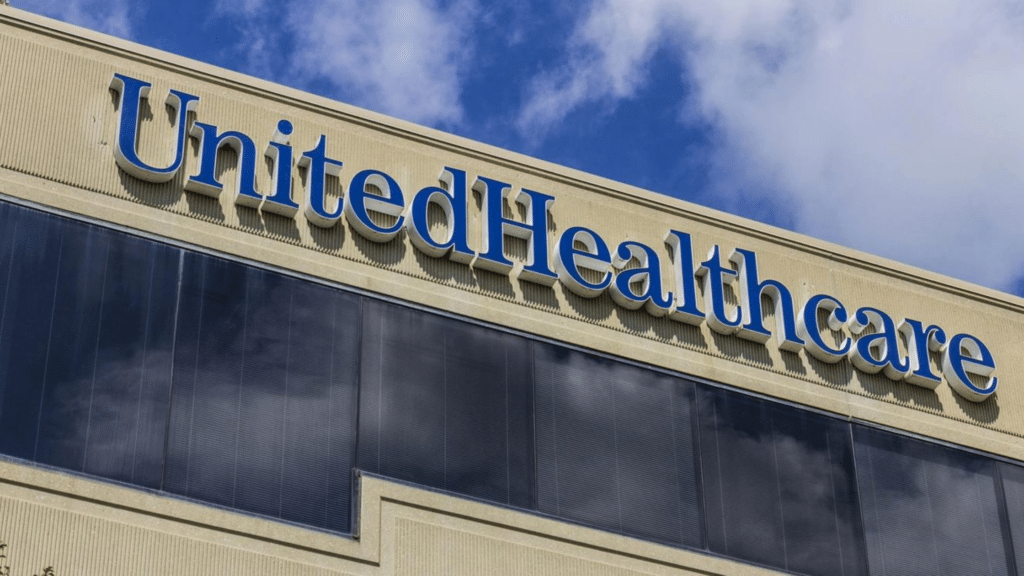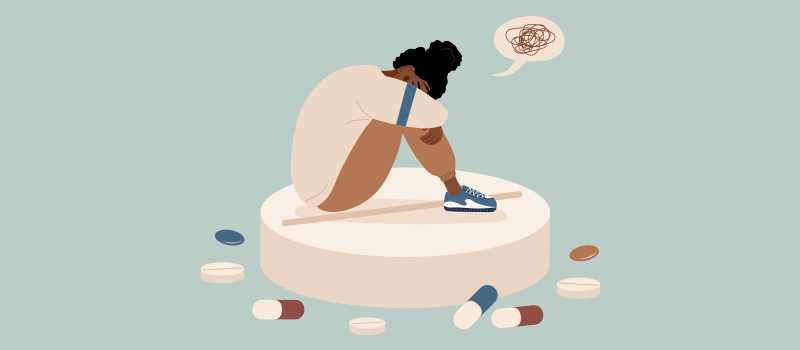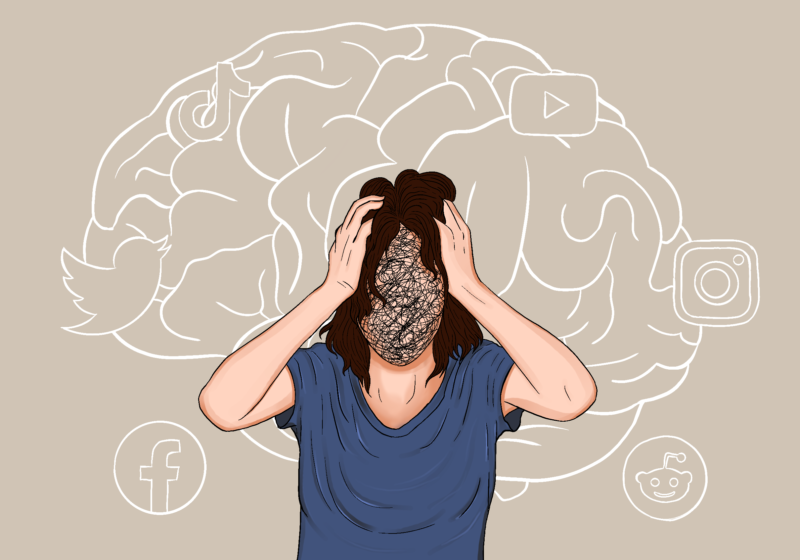In 2010, the landscape of paying for addiction treatment changed significantly. Before that time, insurance companies, whether private or government-funded, could limit or entirely restrict benefit coverage for addiction and mental health treatment services. These limitations forced many in need of treatment to forego seeking rehab because they did not have a way to cover the cost. In 2010, the Affordable Care Act (also known as Obamacare), passed resulting in extreme changes surrounding how insurance companies handled addiction treatment benefits. After the Affordable Care Act, insurance companies (including Medicare and Medicaid) were required to include addiction and mental health treatment as part of the benefit packages. Also, they could no longer consider addiction or mental health conditions as a “pre-existing condition,” thereby making the illness something they could consider a non-covered service. Finally, many of the financial caps pertaining to addiction treatment were raised or waived entirely, ensuring those struggling with addiction can not only attend addiction treatment but can also access essential follow-up care or subsequent addiction treatment in the event of a relapse.
Can I Use United Healthcare to Pay for Rehab?
United Healthcare is one of the nation’s largest health insurance providers. They offer a wide variety of plans with varying degrees of coverage for addiction treatment. While most of their plans provide assistance for rehab, the payment for services and out of pocket costs vary depending on your policy and the location where you receive coverage. To ensure those recovering from addiction are provided the most effective care, United Healthcare has a separate division known as United Behavioral Health. This division offers confidential services specifically for individuals wanting to seek advice from a substance abuse healthcare professional.
Through United Healthcare Plans, those seeking addiction treatment can receive services for:
- Inpatient hospital detoxification
- Outpatient detoxification services
- Inpatient (residential) rehab services
- Outpatient alcohol and drug abuse rehabilitation services
Depending on the policy, some may require pre-certification requirements for specific services and in certain programs. Fortunately, United Healthcare does not generally require treatment centers to be in-network to provide some coverage level. However, some United Healthcare plans may require higher out of pocket co-pays for out of network providers.
The level of coverage United Healthcare provides for inpatient rehab depends on the plan you have and the state in which you reside. The level of coverage for outpatient coverage is quite similar to that of inpatient coverage.
What Kind of Addiction Treatment Does UnitedHealthcare Offer?
To ensure parity, insurance providers must offer comparable coverage to everyone in need of addiction or alcoholism treatment in addition to other medical treatments. This equity allows people to get the help they need without having to pay large out-of-pocket expenses.
The UHC Member Handbook states that receiving mental health therapy does not necessitate visiting your primary care physician. However, you will have to see a doctor that is part of their network. Find out if your doctor accepts UnitedHealthcare Insurance if you are a patient. Before you may start receiving aid, you must have UHC clearance.

Drug and Alcohol Rehabilitation under United Healthcare Health Insurance
UnitedHealth Group, an American firm, provides health benefits. United Healthcare works with approximately 6,000 hospitals and institutes, 1.3 million physicians, and other healthcare professionals to provide medical care discounts.
Clients of United Healthcare may be qualified to have their insurance cover all or a portion of the expense of drug addiction treatment. Either inpatient or outpatient rehabilitation is covered by the majority of UnitedHealthcare plans; however, the specifics of your coverage will vary depending on the plan you choose.
Drug Rehab Types That United Healthcare Insures
Comprehensive drug recovery involves many patient-specific therapy strategies. Detoxification treatments are frequently a part of rehabilitation programs and could be required prior to residential care. Inpatient treatment may last for a few weeks or several months.
If you want to heal, you have to locate a community where people are going through similar things as you are. It is advantageous to talk to them. This is the reason Relevance Recovery Center is here. Our intention is to help you.
What Happens When I Go to Rehab?
For most struggling addicts, the idea of rehab is scary, and the thought of going to rehab is wrought with questions. What is rehab like? What happens at rehab? The answer to this depends, at least partially, on the type of rehab program you choose. Inpatient or residential rehab is an intensive addiction treatment program where patients are required to remain at the facility throughout the course of treatment. While at the treatment center, you will participate in group and individual therapy sessions designed to help you examine and manage addictive behaviors. Outpatient treatment approaches are similar; however, they do not require you to stay at the treatment facility during treatment. You are still required to attend treatment several times a week; however, you can live at home during treatment. Most outpatient programs provide similar addiction treatment models as provided in an inpatient setting.
All rehab programs generally begin with an intake process. During intake, a counselor will assess your addiction treatment needs and ensure a program is designed to meet your unique treatment needs. This process also allows the treatment staff the opportunity to evaluate your prior addiction history, medical and mental health history and learn more about family and social components that may contribute to your addiction. The next step in the treatment process is usually detox. During detox, your body cleanses itself of the presence of substances allowing you to fully immerse yourself in therapy. Most programs offer medically supervised detox programs that provide assistance with minimizing withdrawal symptoms. After detox, you can begin treatment with a clear mind and reduced reliance on substances.
If you are ready to seek addiction treatment and want to learn more about our rehab programs at Relevance Recovery, contact our addiction treatment staff today.









